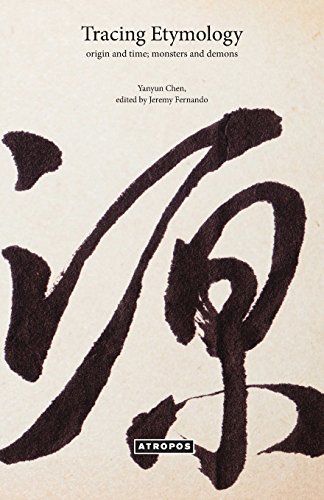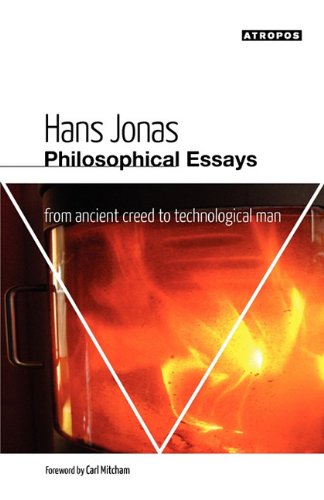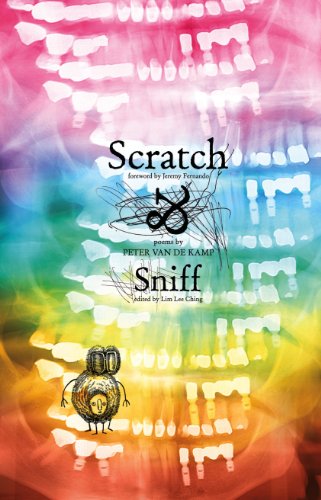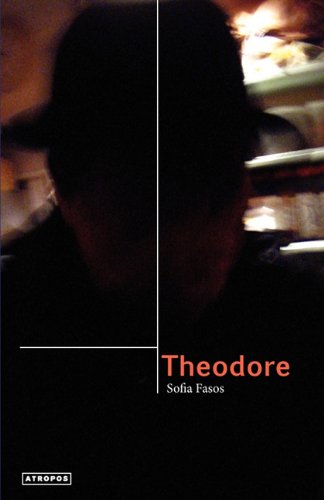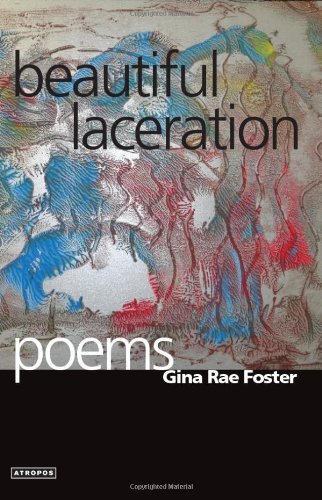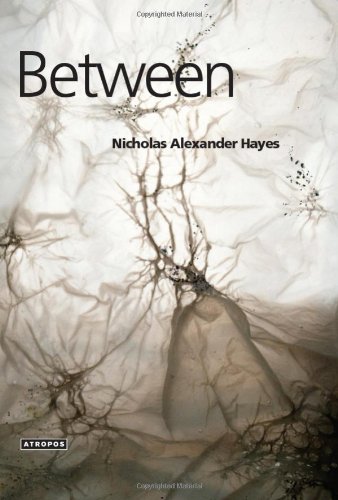Penelope Boyer
My Great High-Roofed House
Paperback – 1 May 2012 | 524 pages | ISBN here | ISBN here
My Great High-Roofed House traces, through Homer's Penelope of The Odyssey, erasures of the mighty matriarchal pre-Mycenaean ages of ancient Greece by the rise of the patriarchal polis. It takes a "Penelopean" form, stitched from found text, woven of often long swaths of thought, pieced together, pulled apart, spun, frayed and fingered. Homer's Penelope is the relic of an ancient bird goddess-a duck, in fact. First cousin to Helen of Troy and Clytemnestra, Penelope is a daughter of Sparta in marital exile on the island of Ithaca as a young bride to Odysseus. Her warrior husband leaves for twenty years; she spends that time among women, weaving and waiting. Their world, in her great, high-roofed house, is stuff of speculation. It is a female orb, almost as other as Calypso's or Circe's, with 108 suitors in the megaron below demanding Penelope's hand. This situates The Odyssey as a harbinger of Menippean satire, and Penelope's gynaeceum a forerunner of Sappho's thiasos and other homosocial-conceivably homosexual-- settings, female, and fantastic or non-fiction. Penelope's story is treated as a tale of early technology. The loom-room-sized, looming larger than any island animal or man-made contraption of archaic times-was of women's design, engineering and artistry. Often ignored by "history of technology" texts, weaving's absence is due to it's ubiquity; its machinery and products decay leaving no archeological evidence, except perhaps a mis-identifiable loom-weight of stone or bone. Penelope's prognosis as bipolar is suggested by her infamous weaving and unweaving "trick," her mechanism for staving off suitors. Hers are the West's oldest recorded dream interpretations; their analyses are re-considered here. Paradigm, periphrasis, periphron, phenomenology, poesis, poludeukés and praxis unravel until all that remains is a single mom, a cyborg with her device and a son named Telemachus or "distant machine." She winks, smiling as if to say, "Wait, just let me finish textiling."


